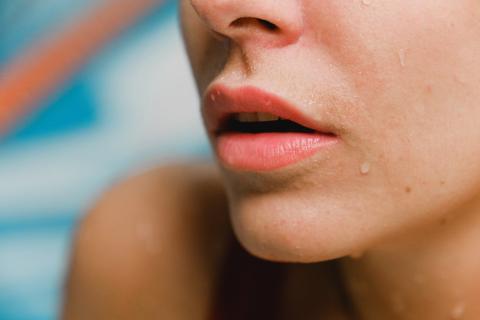Xerostomia or Dry Mouth: Causes, Symptoms, Treatment
Make an online appointment or call us at 0748 358 358
Book now online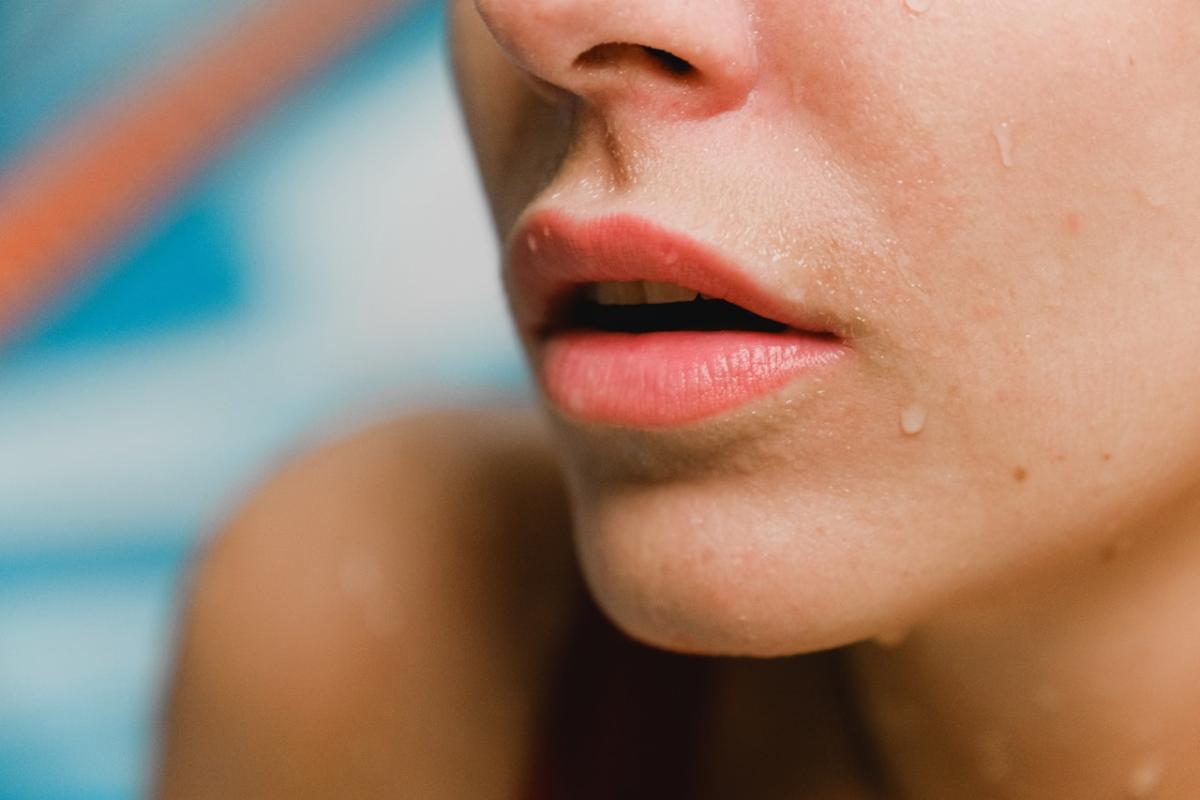
Saliva is essential for keeping the oral cavity moist and plays an important role in ensuring oral health, but also in digestive function. It prevents the growth of germs in the mouth and helps neutralize acids in the oral cavity, thus preventing the appearance of tooth decay. At the same time, saliva has the property of preventing infections through the control it has over bacteria and fungi in the oral microbial flora.
Content:
- What is Xxerostomia or dry mouth
- Dry mouth: symptoms
- Dry mouth: complications
- Dry mouth: treatment and recommendations
- Dry mouth: questions and answers
When the salivary glands do not produce enough saliva, the mouth becomes dry, and discomfort appears. In the following you will learn all about Xxerostomia or dry mouth syndrome:
What is Xerostomia or dry mouth
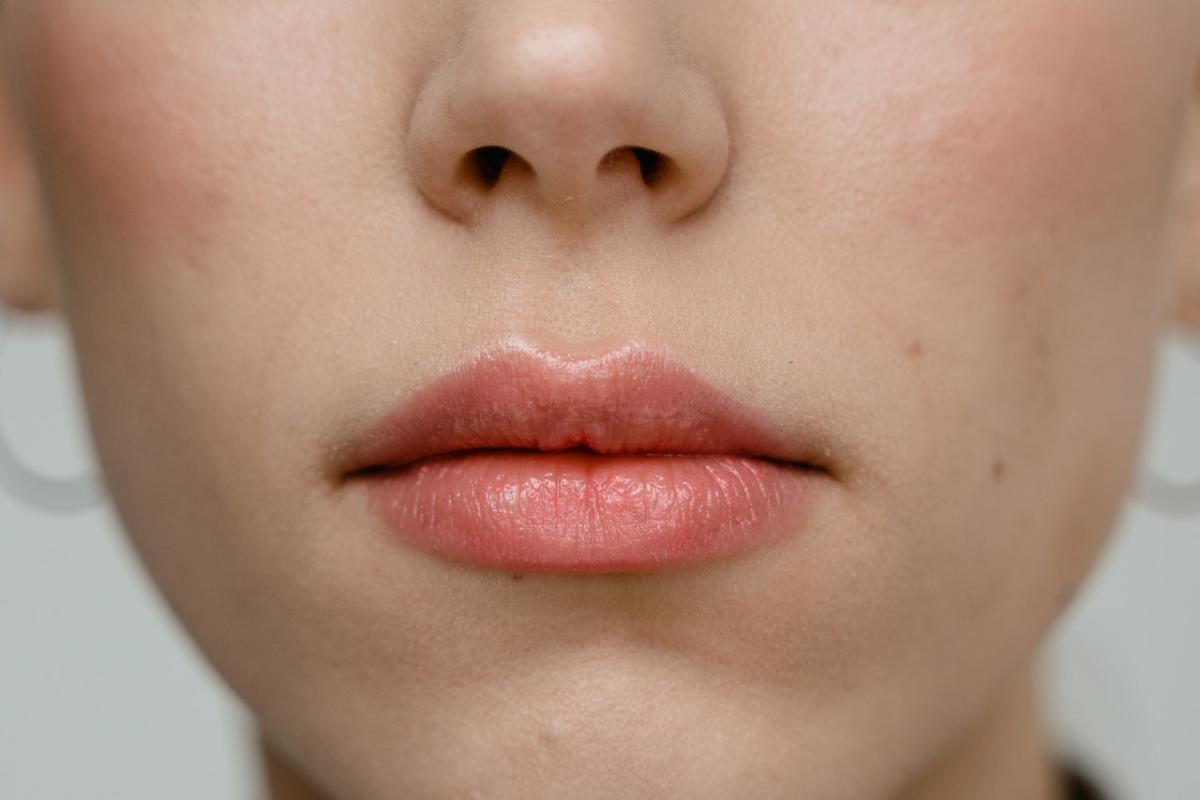
Dry mouth or Xerostomia is a condition given by the sensation of insufficient saliva. It is a symptom of a condition rather than a condition itself. Most often, it is a side effect of certain medications such as antihistamines or decongestants given for allergies and colds.
Causes of dry mouth symptoms
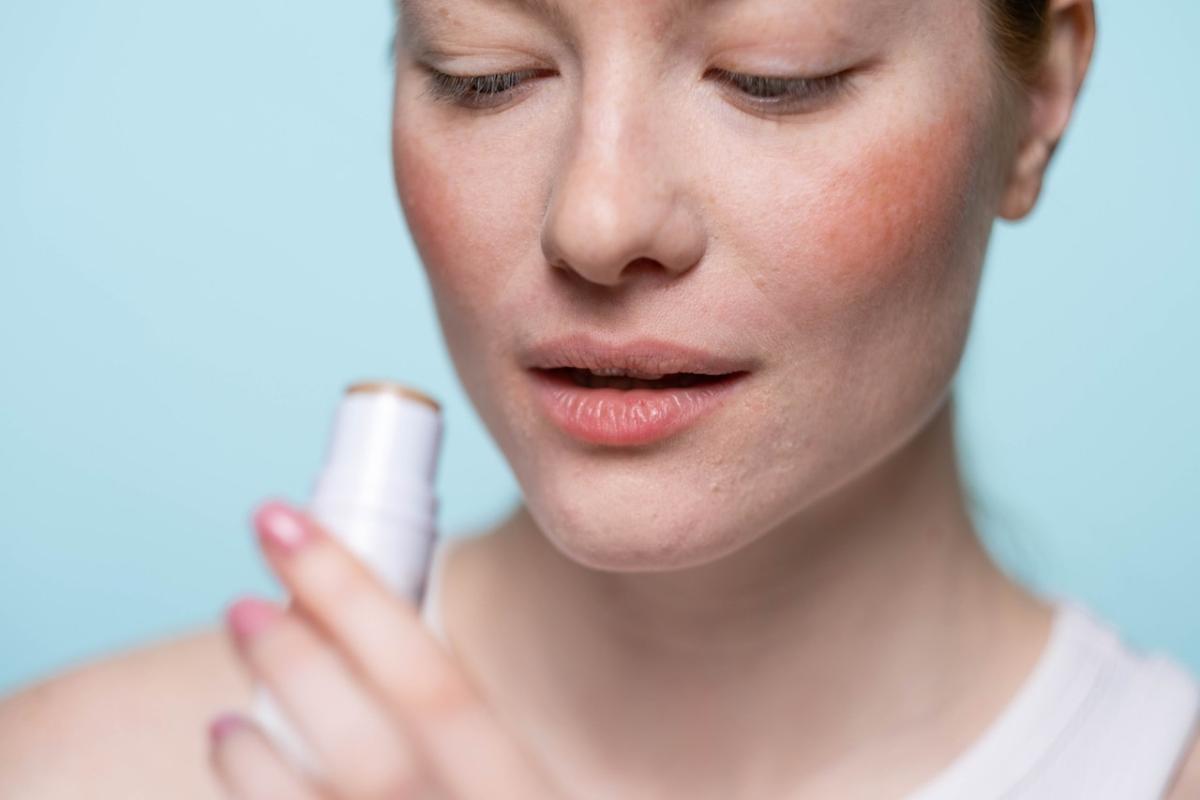
Dry mouth can be caused by a pre-existing condition, it can occur as a result of a certain lifestyle - diet, hydration, consumption of various substances - or as an adverse effect of certain treatments. Here are the most common causes of this symptom:
Medical treatments
Dry mouth is a common side effect for prescription or over-the-counter treatments. These include medications to treat depression, anxiety, pain, allergies, and common colds - antihistamines and decongestants, obesity, acne, epilepsy, hypertension - diuretics, stomach problems such as soft stools or nausea, psychotic disorders or urinary incontinence, Parkinson's. Dry mouth can also be a side effect of sedatives and muscle relaxants.
Cancer treatments: chemotherapy and radiation therapy
Damage to the salivary glands can lead to decreased saliva production. This can be due to radiation from the head and throat caused by cancer treatments such as chemotherapy and radiation therapy.
Dehydration
Dehydrating conditions or symptoms such as fever, excessive sweating, vomiting, and gastrointestinal upset, soft stools, loss of blood, or sunburn and burning may cause dry mouth
Substance use or abuse
Habits such as smoking, tobacco use, or various substances can affect the properties of saliva and lead to dehydration, intensifying the symptom of dry mouth.
Hormonal oscillations associated with aging
Dry mouth can also be caused by aging and hormonal changes associated with it - menopause and andropause. At the same time, the chronic conditions associated with aging and the administration of treatments for them can be caused the appearance of dry mouth.
Other conditions
Dry mouth can be a side effect of other conditions, including HIV infection, Sjogren syndrome, diabetes, anemia, cystic fibrosis, rheumatoid arthritis, hypertension, stroke, mumps, and Alzheimer and Parkinson diseases.
At the same time, dry mouth can be a result of the destruction of the nerves in the head and neck area, caused by either surgery or an accident. Septal deviation is another condition that can cause dry mouth at night, as people who suffer from it often rest with their mouths open.
Dry mouth: symptoms
The symptoms of Xerostomia are:
- Dry mouth and thirst.
- Increased saliva viscosity.
- Sticky mouthfeel.
- Bad breath.
- The appearance of lesions on the tongue and corners of the mouth and chapped lips.
- Fading of taste.
- The sensation of bitter taste.
- Dry throat and tongue.
- Hoarseness;
- Dizziness;
- Difficulty ingesting food and speaking (difficult chewing and swallowing);
- Discomfort when wearing a denture
Dry mouth: complications
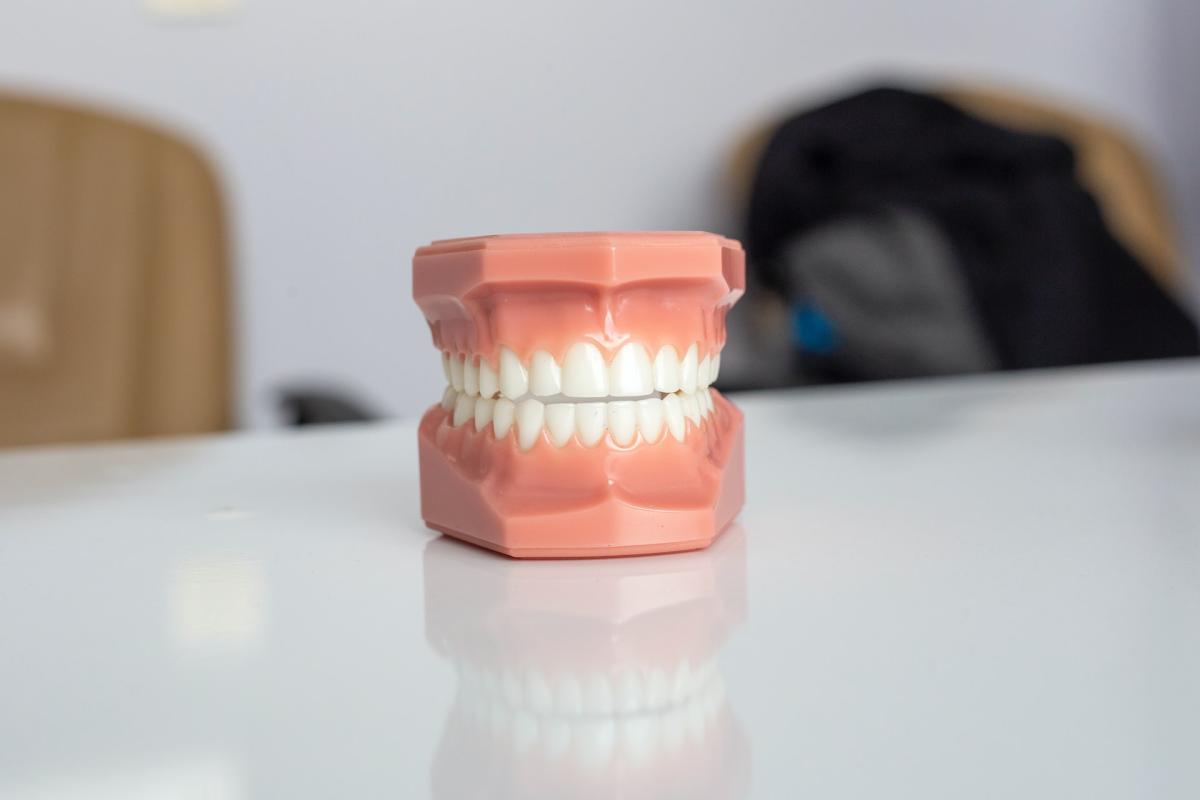
When left untreated, Xerostomia can lead to many complications. A dry mouth can cause cavities, as insufficient saliva will no longer protect your teeth from bacteria. At the same time, high acidity can affect tooth enamel and may cause this complication.
In turn, untreated caries may require physiognomic fillings made by the dentist, but also the extraction and replacement of the natural tooth with a dental implant if the tooth can no longer be saved due to the depth of caries. That is why it is necessary to visit the dental office at least twice a year in order to prevent such situations and expensive treatments. In addition to causing the above-mentioned symptoms, dry mouth also increases the risk of gingivitis and oral infections such as canker sores. Also, if a person is diagnosed with Xerostomia (dry mouth), this may make it more difficult to wear dentures.
Dry mouth: treatment and recommendations
Dry mouth treatment may vary depending on the cause of the Xerostomia. If it is caused by a pre-existing condition, your doctor will recommend the administration of drugs to increase the flow of saliva. If it is caused by drug treatment, your doctor may recommend that you change your treatment or reduce your dose (for example, with antihistamines and decongestants).
Recommendations for balancing the salivary flow
Sugar-free candies and chewing gum, and especially those containing xylitol, can stimulate saliva production. But avoid acidic ones, which contain citrus extracts, as they can damage tooth enamel. Sugar-free ice cream or even ice cream can also balance saliva production. To reduce the risk of tooth decay, consume these products in moderation; even if they do not contain sugar, they can damage tooth enamel.
Hydrate properly and drink water to maintain a low viscosity of the oral mucosa and to moisten the mouth.
Use fluoride-containing toothpaste and mouthwash and avoid those that contain alcohol or peroxide, as these ingredients can intensify the dry mouth.
Other recommendations for balancing salivary flow:
- Breathe as much as possible through the nose and as little as possible into the mouth.
- Use an air humidifier.
- Use a saliva substitute (gel or spray);
- Eat soft and easy-to-eat foods with moist or oily ingredients such as soups, sauces, cream, or butter. Opt to serve cold dishes at room temperature.
- Avoid salty, very dry, or faded foods and those that contain sugar (including drinks).
- Avoid alcohol and caffeine, as both substances can cause dehydration.
- Avoid acidic drinks such as orange, apple, grape, or tomato juices.
Recommendations for limiting oral irritation
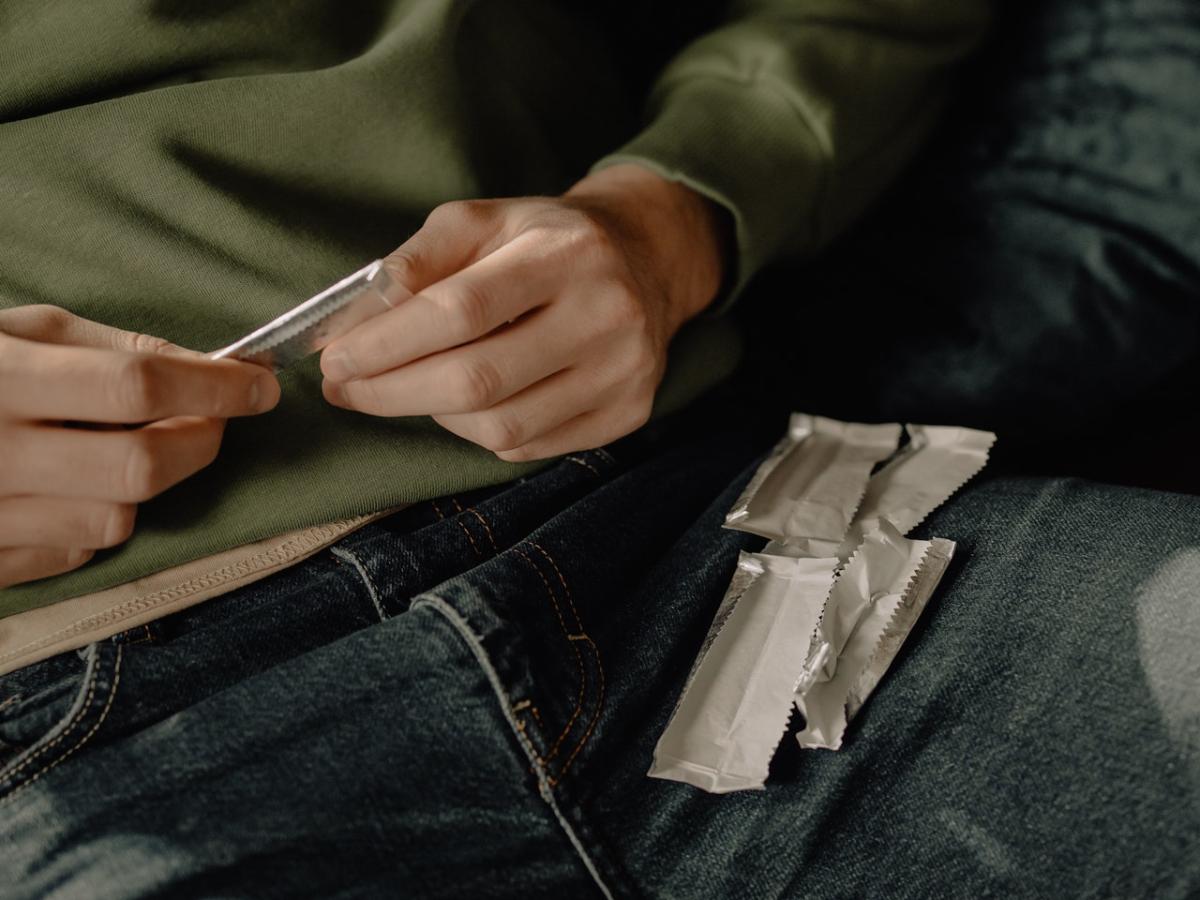
To prevent lesions on the tongue and corners of the mouth, it is recommended that:
- Limit the consumption of salty and spicy foods.
- Quit smoking.
- Use a moisturizing lip balm;
- Use a soft, gentle toothbrush with your teeth and gums.
- Rinse your mouth before and after meals with drinking water or a dilute solution of mouthwash.
Dry mouth: Q&A
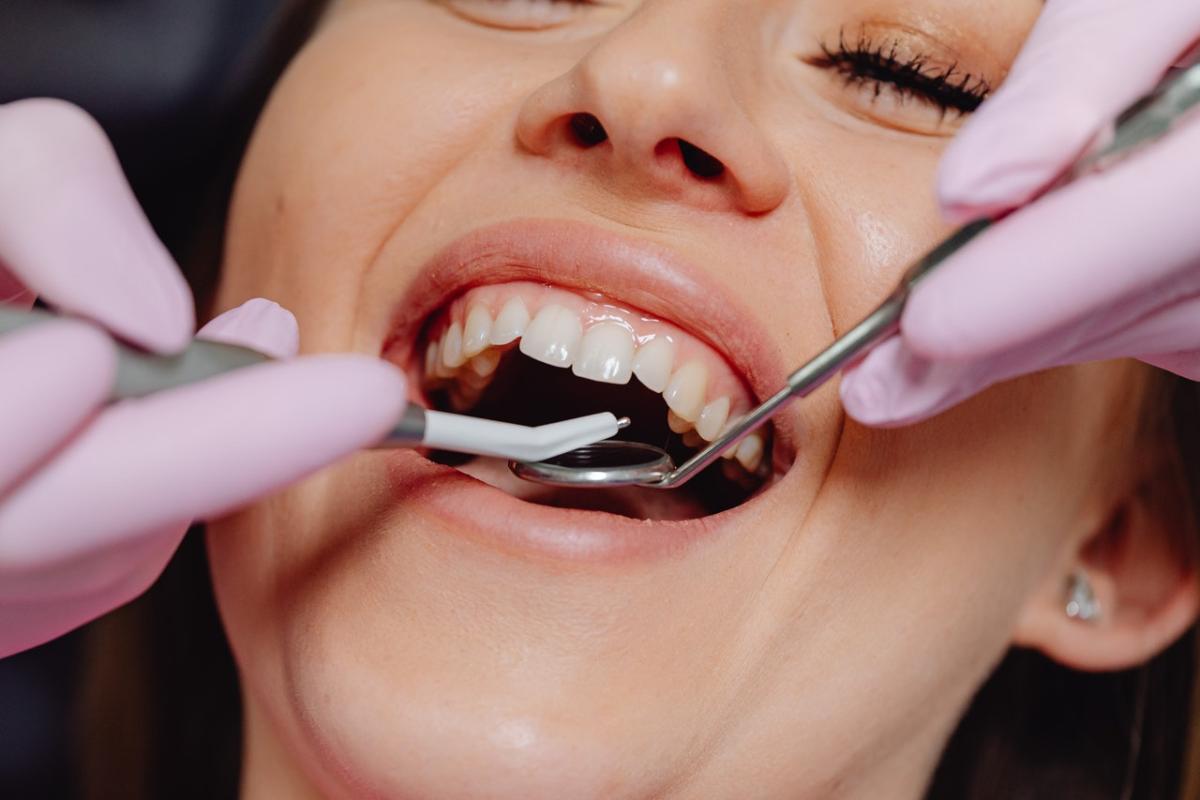
Can dry mouth be prevented with optimum water consumption?
Dehydration isn't the only possible cause of Xerostomia, so even if you drink enough water and fluids, you may experience dry mouth.
Can dry mouth be a symptom of another condition?
It may indicate pre-existing conditions such as diabetes, septal deviation, anemia, rheumatoid arthritis, cystic fibrosis or hypertension. Dry mouth is also a specific symptom of Alzheimer, Parkinson and Sjogren syndromes. Strokes and mumps can also be manifested by the appearance of dryness in the mouth and throat.
Why is dry mouth a problem and how it can affect you?
It can cause cavities, mouth sores and conditions such as gingivitis. Therefore, it is important that the appointment at the dentist's office be done from the onset of the first symptoms so that the doctor can determine if it is Xerostomia and the appropriate treatments.
Photo source: Pexels, Unsplash
